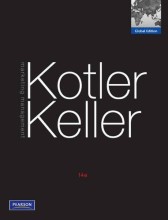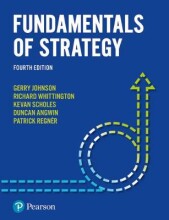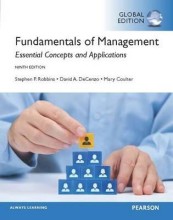Summary: Chapter 7 - Parental Behavior
- This + 400k other summaries
- A unique study and practice tool
- Never study anything twice again
- Get the grades you hope for
- 100% sure, 100% understanding
Read the summary and the most important questions on Chapter 7 - Parental behavior
-
1 -
This is a preview. There are 4 more flashcards available for chapter 1
Show more cards here -
What is parental investment?
The extent to which parents compromise their ability to produce additional offspring in order to assist current offspring. -
What is the difference between altricial and precocial young? What does semiprecocial mean.
- Altricial: helpless young. Females will produce many altricial young and may or may not show parental care.
- Requires less parental investment, but if parental care is provided, more is needed. (E.g. cats, dogs, rats, songbirds) - Precocial: well developed young. Females will produce few precocial offspring. (E.g horses, guinea pigs, goats)
- Little parental intervention required. Requires greater investment before birth than after birth. - Semiprecocial: young that always demand significant parental care at birth, but can thermoregulate and cling to their mother. (E.g. humans)
- Altricial: helpless young. Females will produce many altricial young and may or may not show parental care.
-
What hormone induces broodiness in hens?
Prolactin. Increased blood concentrations of prolactin is associated with broodiness in female birds. -
By what is incubation initially evoked and by what is it sustained in ring-doves?
It is initially evoked by progesterone (with high estradiol concentrations), but mid-incubation, it is sustained by prolactin, which is secreted in response to ventral stimulation from contact with the eggs. -
What does ovariectomy do with nest building and incubation behavior? Can this be changed?
- It eliminates both behaviors.
- Injections with either estradiol or progeseterone don't bring back the behavior, but a combination of both brings back the behavior to normal.
- It eliminates both behaviors.
-
What happens to the prolactin secretion when the baby pigeons are 20 days old?
The prolactin secretion of the mother decreases when she no longer feeds them at 20 days old. The male however continues to secrete prolactin and provide milk to the offspring. Thus, onset, maintenance and termination of parental care in doves appear to depend primarily on the prolactin concentration. -
2 -
This is a preview. There are 6 more flashcards available for chapter 2
Show more cards here -
What area in the brain is essential for the expression of parental behavior?
The preoptic area (POA) anterior to the hypothalamus. -
What are monotremes and what 2 different types of maternal care are there for monotremes?
Mammals that produce young that are born at an even earlier stage than marsupials, namely as eggs.
Types of maternal care:- The female constructs a grass-lined burrow in which she lays her eggs and incubates them until they hatch. They don't develop a pouch, but provide milk for the young that drips from the hair surrounding her mammary gland. E.g. vogelbekdier
- The female produces a single egg and carries it in a special pouch. The offspring lives in the pouch when it hatches and obtains milk from a milk-secreting gland without nipple. E.g. mierenegel
- The female constructs a grass-lined burrow in which she lays her eggs and incubates them until they hatch. They don't develop a pouch, but provide milk for the young that drips from the hair surrounding her mammary gland. E.g. vogelbekdier
-
What are eutherian mammals and what 3 different types of maternal care are there for eutherian mammals?
Mammals that have placentas during pregnancy.
Different types of care:- Altricial, helpless young. E.g. dogs, cats, rats, rodents.
- Precocial, developed young. E.g. hoofed animals.
- Semiprecocial young are helpless at birth, but cling to their mother to move about with her. E.g. humans and primates.
-
In what type of species does paternal care occur?
In species that have a high degree of exclusive mating between males and females. E.g. Syrian hamsters, house mice, deer mice.
- Higher grades + faster learning
- Never study anything twice
- 100% sure, 100% understanding
































